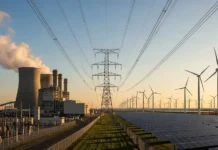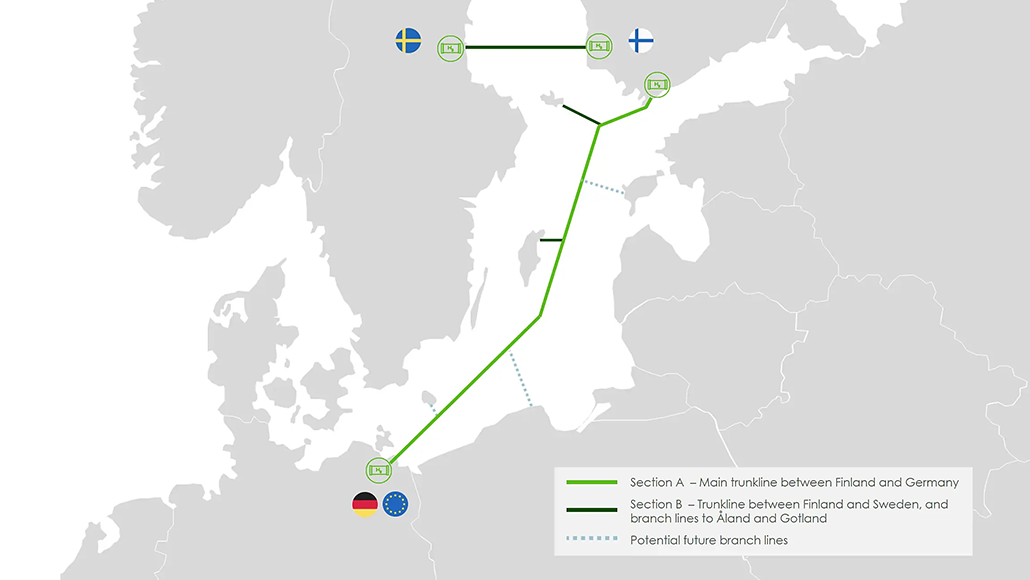The European Union has extended financial backing to the Baltic Sea Hydrogen Collector (BHC), a planned offshore pipeline designed to link Finland’s and Germany’s renewable hydrogen markets. The project, led by Gasgrid Finland, Copenhagen Infrastructure Partners (CIP), and GASCADE Gastransport GmbH, has received a €15.3 million grant from the EU’s Connecting Europe Facility (CEF) programme. Classified as a Project of Common Interest (PCI), the Baltic Sea Hydrogen Collector is seen as an important step in advancing Europe’s energy transition, improving security of supply, and linking regional markets more closely.
The grant will fund early-stage work, including pre-FEED technical studies, regulatory checks, and environmental reviews. These studies will look into how the BHC could evolve into a major cross-border hydrogen pipeline in the years ahead. The studies will specifically evaluate potential links between Finland and Germany, while discussions on connecting Sweden will follow in later stages alongside project partner Nordion Energi.
Sara Kärki, Senior Vice President for Hydrogen Development at Gasgrid, noted: “Finland has excellent conditions for large-scale wind power, renewable hydrogen production and hydrogen value chain creation. The BHC concept offers an opportunity to bring this potential to market, creating new growth prospects for Finnish industry to develop hydrogen, P2X and other projects aiming to produce high value products. Gasgrid appreciates the EU’s support for BHC, which as a PCI project plays a strategic role in building a resilient and integrated European hydrogen infrastructure and advances Europe’s clean energy transition.”
Copenhagen Infrastructure Partners CEO Thomas Dalsgaard welcomed the grant, stating: “As an investor in green offshore energy infrastructure, we welcome the EU’s support for preparatory studies on BHC. With strong and cost-efficient energy resources in the Nordics and the Baltics and growing demand in Central Europe, this is a project with clear potential.”
GASCADE Managing Director Dr. Christoph von dem Bussche added: “The EU’s funding support and the collaboration with our partners underline the importance of exploring various infrastructure options for Europe’s hydrogen future.”
At this stage, the BHC initiative is concentrating on regulatory, commercial, and technical evaluations. The German segment has already been integrated into the officially approved hydrogen core network, which GASCADE is developing in parallel.










































